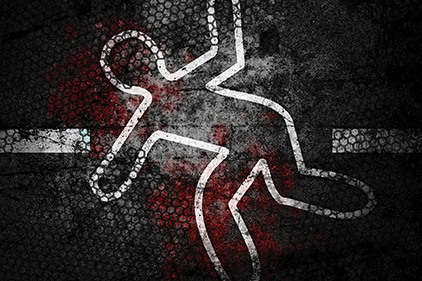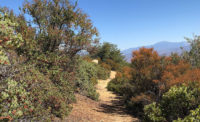I Googled “accident definition” and up popped two variations, one I agree with and one I don’t.
The first: “an unfortunate incident that happens unexpectedly and unintentionally, typically resulting in damage or injury.” Example: “He had an accident at the factory.”
The second: “an event that happens by chance or that is without apparent or deliberate cause.”
The first meaning I say applies to workplace accidents. The second doesn’t.
Worker accidents are certainly “unfortunate incidents.” They typically do result in “damage or injury.” They do happen “unexpectedly,” in the sense no one can predict a roofer is going to fall while throwing materials into a dumpster at 3:47 p.m. on Friday, December 19.
To be sure, fans of big data and predictive analytics will say that statistics can be studied, trends and patterns uncovered, to zero in on where, when, and how future accidents will occur. Or to use a simpler method, you can ask a line worker where he or she believes the next accident will occur, approximately when it will happen, and why it will happen; if they are sharp, experienced and perceptive, they’ll give you a pretty clear idea. But as to the precise moment the accident will occur, who knows?
And accidents are “unintentional.” Only a masochist or a suicide case intentionally does oneself harm. Someone might intentionally take a risk, a shortcut, disobey a safety rule, but they believe they can get away with it.
Synonyms for this first definition of accident include: mishap, tragedy, disaster, catastrophe, calamity and a casualty. All are regularly used to describe workplace explosions, fires, fatalities, severe injuries such as amputations and minor mishaps such as a paper cut on a finger. Injured workers are on-the-job casualties.
No twist of fate
It’s the second definition of accident I have trouble with. I don’t believe work-related injuries or fatalities happen by chance, a twist of fate, coincidence, or some freakish abnormality. These are all synonyms for the notion that an accident is an event that occurs “without apparent or deliberate cause.” The example given in my Google search is, “The pregnancy was an accident.” Really? Sex ed 101 teaches us the cause.
If accidents are a simple twist of fate, why fund a safety and health department? This is the age-old fatalistic idea that “accidents will happen” (shrug, shrug) and there’s nothing you can do about it. Of course there are causes to be investigated, uncovered, analyzed, and controlled to prevent their repetition. The causes might be upstream – management’s decision not to provide PPE, or not to train temporary workers, or to roll the dice and ignore OSHA standards requirements thinking it will escape notice. Or causes can be downstream, where the rubber meets the road and employees take gambles that go unchallenged and uncorrected; or lousy or nonexistent housekeeeping practices lead to slippery floors, dark stairwells, cluttered aisles, uncovered surface holes, dangerous dust accumulations – the list goes on and on.
A highly-charged word
“Accident” is a highly-charged word in safety and health circles. Some organizations ban its usage and replace it with “incident.” As more has been learned about accident causation, root cause analyses, and human error theories (the Swiss Cheese model, etc.), to excuse away a tragedy as fate is simply unacceptable to most people in safety and health work. But this attitude is too simplistic. Accidents do happen. One can argue so much of life is accidental. I’ve heard so many safety and health pros over the years say they “fell into their jobs; they never planned on safety and health as a career.” Many folks accidentally “by chance” somehow meet up with the person they marry. How many get chronically sick by design?
Human and Organization Performance
I think it’s more realistic to take the approach that General Electric has to work-related accidents. GE has embraced Human and Organizational Performance (HOP). As ISHN columnist James Leemann explained in his November, 2014, “Systems Thinking” column, HOP starts by recognizing that human error is part of the human condition and is inevitable. In this sense, accidents will happen. People will make mistakes; bad stuff happens faster than we can react to it. These are HOP principles, which originated in the aviation and nuclear industries.
But GE, and other early adopters of HOP such as Alcoa and ExxonMobil, do not shrug their shoulders, sit on their hands, and proclaim there’s nothing we can do to protect our people, products and property. It’s anything but that. They look at the big picture, the context in which accidents occur. The focus is finding error traps that set up workers for failure – and misfortune. This is not a matter of fate or coincidence. It comes down to poorly designed work systems and processes that encourage or force shortcuts to be taken. And decisions by leaders that create situations where employees do not have control of the circumstances – their experience and knowledge are not engaged. So workers improvise and accidents happen.
It’s a waste of time and energy to get hung up and argue over semantics when it comes to the volatile word “accident.” It has multiple definitions; some are appropriate for safety and health work, others are counter-productive. It’s not black and white. Humans and organizational dynamics are not that simple. Working with that reality and understanding is where time, energy and resources should be directed.







